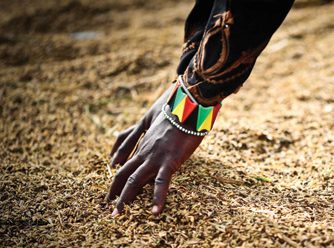Some people take a dim view of the idea that Oregon, as well as the rest of the world, could be expected to continue warming in coming decades. They may cite March snowfall in the Willamette Valley or unpublished comparisons of mean temperatures over a given time period in specific places. Appealing as it is, such evidence hardly constitutes proof that the region is cooling and does not trump rigorous, peer-reviewed science.
Evidence for Change





